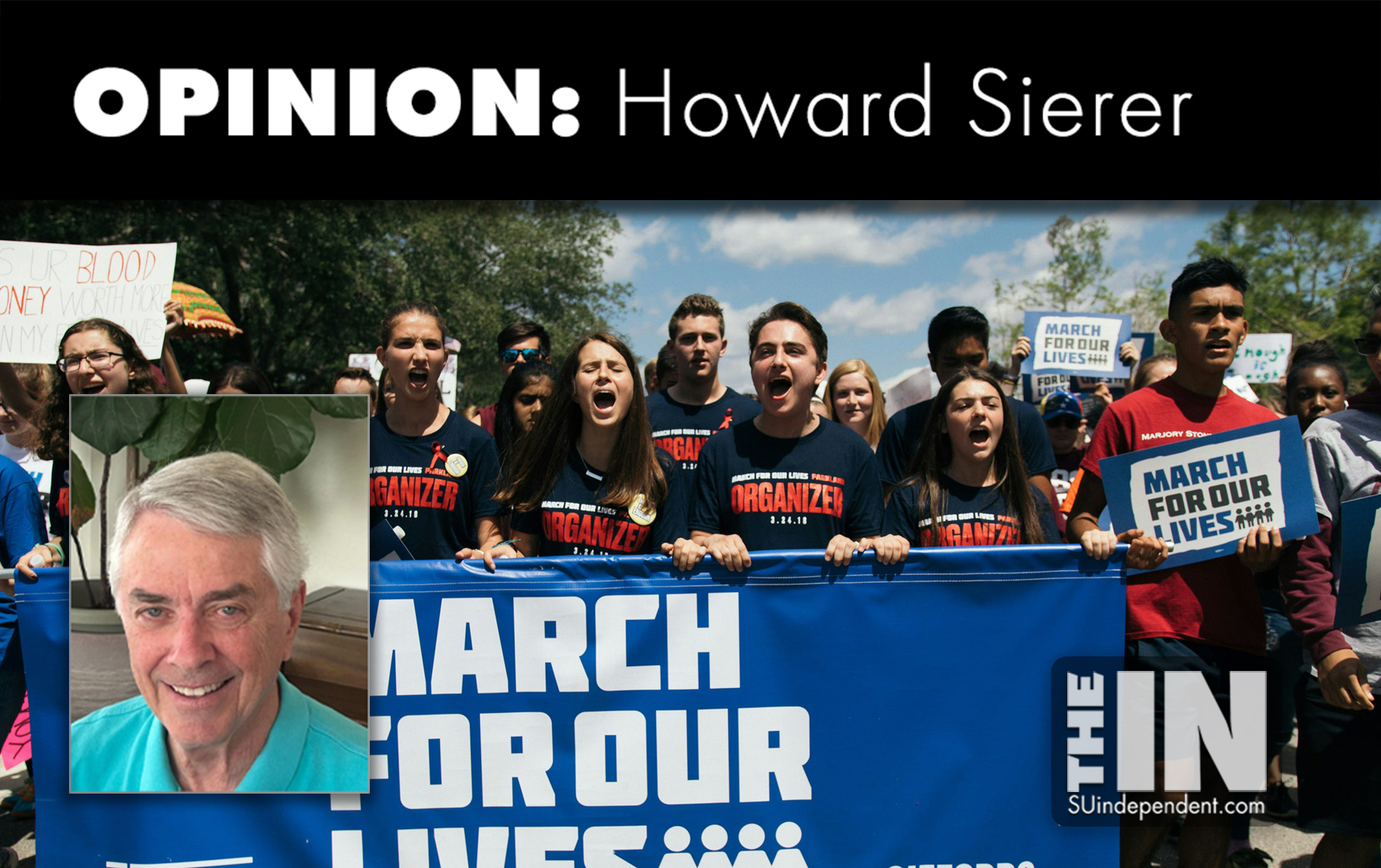
Major Political Realignment Underway
– By Howard Sierer –
Two major political trends are reshaping the American electorate with consequences that will have significant consequences in the coming elections. Long taken for granted as Democratic voters, increasing numbers of both immigrants and blacks are acting like most other voters, breaking out of the racial/ethnic/gender pigeonholes that progressives have tried to put them in and instead focusing on candidates and policies.
Comparing voting trends from 2020 to 2024 in states with the highest percentage increases of immigrants illustrates how immigrants are no longer voting as a bloc for Democrats. Conservative political analyst Michael Barone notes that New York, New Jersey, Florida, Texas, Massachusetts, California and Illinois are among the most populous states and they’re also the states with the highest percentage increases of immigrants over the last 10-15 years.
Texas and Florida are Republican strongholds with Sen. Ted Cruz and Sen. Rick Scott both winning by bigger margins than they did in 2018. The other five high-immigration states have consistently voted for Democratic presidential candidates. As expected, Kamala Harris won this year’s popular vote in each of them but President-elect Trump made significant percentage vote gains in each one, contrary to what might be expected.
For example, in New York, Trump received 37.7% of the vote in 2020 and around 44% in 2024. The respective figures are 41.3% and 46% in New Jersey, and 32.1% and 37% in Massachusetts. Barone notes there’s “almost a one-on-one relationship between the percentage increase for Trump and the number of immigrants.”
Seven states – Pennsylvania, Michigan, Wisconsin, North Carolina, Georgia, Arizona and Nevada – were considered “swing states” whose presidential votes could go either way. As a result, they all received inordinate attention and campaign spending by both candidates. The other 43 states were generally seen as “safe” for one candidate or the other. Trump won in all seven swing states and carried 24 of the other 43 states and lost 19, just as he had in 2020, correlating with the fact that they had lower percentages of immigrant increases.
All the above came as a surprise to political analysts and the liberal media. Over the years, Trump has uttered numerous inflammatory remarks about illegal immigrants such as his warning against Mexican “rapists” and complaining that Mexico wasn’t “sending their best.” Yet Trump received 46% of the 2024 nationwide Hispanic vote. Many Hispanic-Americans here legally were tired of being lumped in with Biden’s millions of those here illegally.
Increasing numbers of blacks are breaking out of their bloc-voting tradition. Historically, black churches served as the center not only of religious life but also social and political life. Black preachers have stressed unity, that blacks needed to stick together.
Blacks began voting as Republicans after Lincoln’s party ended slavery. They began drifting toward Democrats when Roosevelt introduced his New Deal. That trend was cemented when Barry Goldwater voted against the Civil Rights Act of 1964 and subsequently was nominated by the Republican Pary for the presidency.
Democrats have dominated this racial cohort since 1964 and Bob Dylan told us “The Times They Are A-Changin’.” Indeed, since then they have continued to change for the better for blacks – not perfect but substantially better – in the last 60 years. And that is having political consequences.
Barack Obama won 91% of the black vote in 2008. A 2023 Gallup poll revealed that the percentage of black adults who considered themselves Democrats was 66%, down from 77% in 2020. This was evident, for example, in Wisconsin in 2024 where Trump won 21% of the black vote, up from 8% in 2020 despite the fact that his opponent was black.
Democrats’ identity politics strategy of assigning people to racial/ethnic/gender pigeonholes and pandering to those they consider victims is coming unglued. As voters see themselves as part of American society as a whole, the perceived need to “stick together” diminishes and voters begin to focus on candidates’ track records and policy positions.
Seems to this writer that is how democracy should work.



